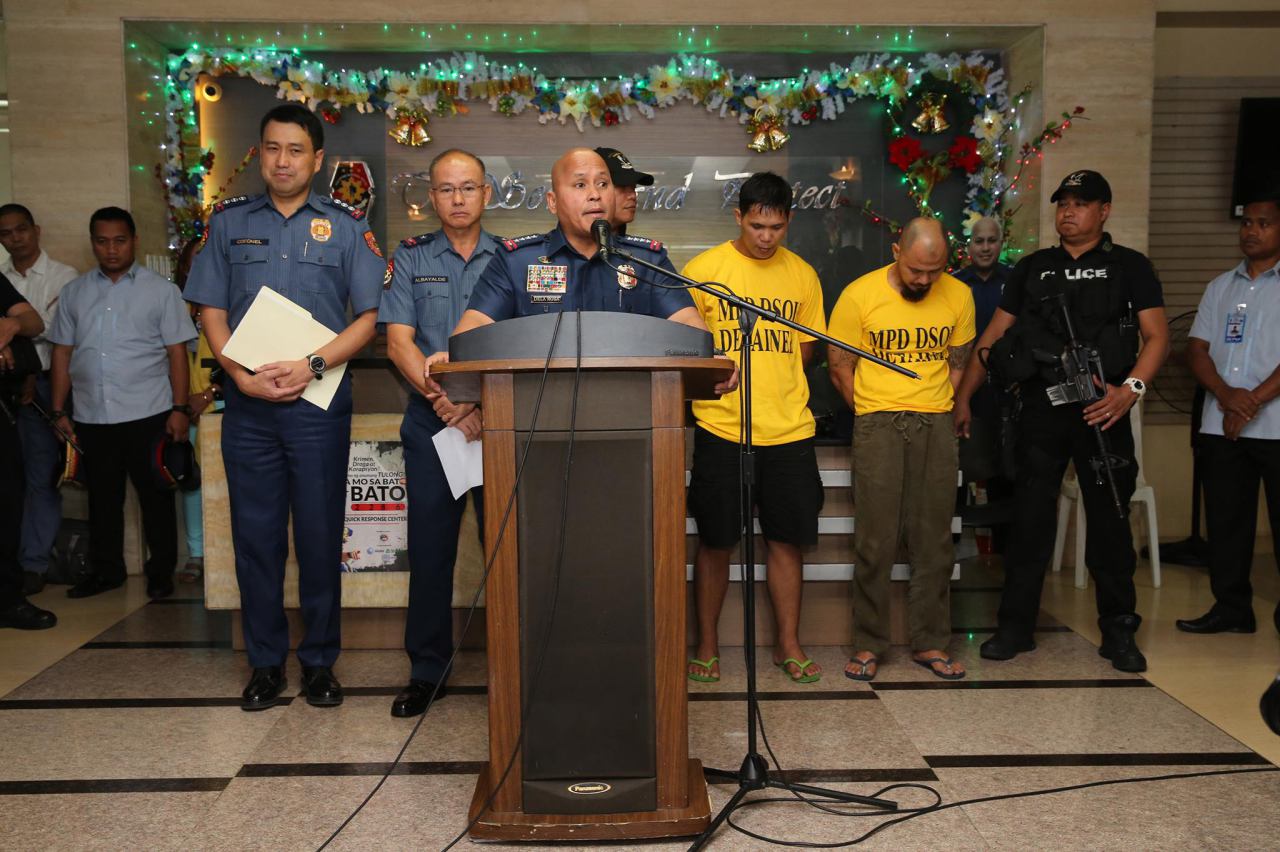Changing times call for stricter laws

Bombings are no joke, but unfortunately, bomb threats often are.
And in a high-strung, media saturated society that finds itself constantly in the grip of political drama at a national level, steps must be taken to make sure that people feel safe. This insurance must be backed by the full force and implementation of the law.
In September 2016, Davao’s night market was bombed, leaving 15 dead and 70 injured. The actual bombing in the south was followed by a string of bomb threats around schools in Metro Manila.
The Department of Education made it clear: there is a need for vigilance, security, and police visibility.
Although Education Secretary Leonor Briones said it was unlikely for perpetrators, terrorists most likely, to target schools because it would be ineffective to gain public favor and support, one cannot discount the need for heightened security measures and verification.
In bomb threats and attacks, intelligence and information gathering is the key.
Recent bomb-related events after the Davao bombing–a foiled bomb attack meters from the United States Embassy, insurgencies in Mindanao, and the rise of a terrorist faction called the Maute Group–should put hospitals, schools, and government offices on the priority list for protection.
Schools are common targets of bomb threats; in September alone four schools near Malacañang in San Miguel, Manila were sent bomb threats.
Quick to evacuate, students poured out from the campuses and into streets as the police tried to move people to safer areas. The Philippine National Police and city bomb squads were able to clear the threatened campuses in no time at all.
Schools are prime target locations, because of the number of children and young people that operate in them. Given the lengths terrorist groups go through to create instability, unrest, and fear, vigilance must be present not only in the realm of practicality and response, but in the law as well.
That is, there should be stricter laws in place to deter those who make bomb threats and jokes.
The existing law is Presidential Decree No. 1727: Declaring as unlawful the malicious dissemination of false information or the willful making of any threat concerning bombs, explosives, or any similar device or means of destruction and imposing penalties therefor. This was created to deter “pranksters,” radical, and lawless elements from disseminating false information and to prevent widespread panic.
The penalties may have been sufficient at the time the said law was made– imprisonment of not more than five years or a fine of Php40,000.00–a paltry amount by today’s standard–or both, if seen fit. But given the current milieu, a call for more dynamic laws must be made. Increasing the penalties and punitive actions is one way to deter falsely made threats.
And while amendments are yet to be passed, this law must be strictly implemented in order to abide by the spirit with which it was written: public safety is no laughing matter.






